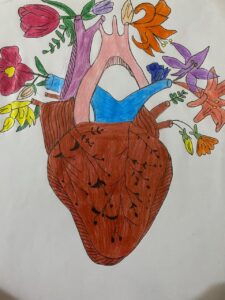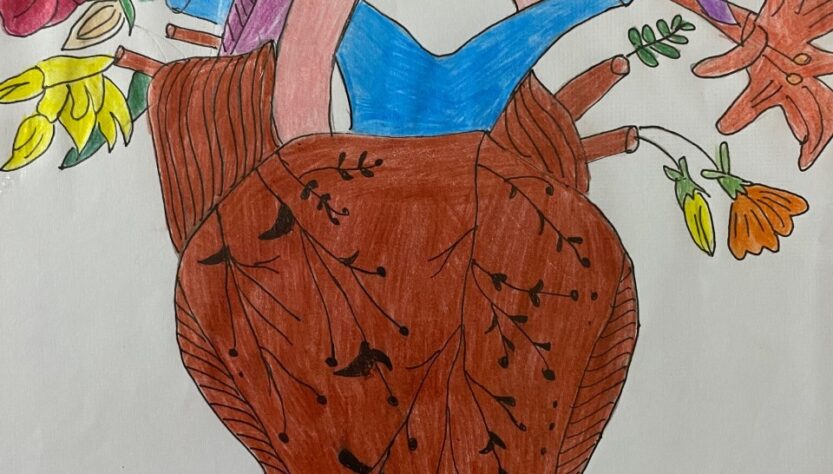
Depression is a common and serious medical illness that negatively affects how you feel, how you think, and how you act. It also causes feelings of sadness and losing interest in activities you once enjoyed. With the passage of time, and if not treated, it can lead to a variety of emotional and physical problems.
What are the main causes of depression?
- Physical or emotional abuse can make you more vulnerable to depression
- Death or loss of loved ones
- Illness and health issues
- Medication, drugs , and alcohol
- Conflict
Signs and symptoms
Depression varies from person to person, but there are some common signs and symptoms that are important to remember as they can be part of a normal lifestyle. It worths mentioning that the more symptoms you have, the stranger they are and the longer they last – the more likely it is that you’re dealing with depression.
Ten common depression symptoms
- feeling of helplessness and hopelessness: A bleak outlook — nothing will ever get better and there’s nothing you can do to improve your situation.
- Loss of interest in daily activities: You do not care anymore about your hobbies, pastimes, and social activities. You lose ability to feel joy and pleasure.
- Appetite or weight: Weight loss or weight gain — a change of more than %5 of body weight in a month.
- Sleeping disorder: Either insomnia, especially working in the early hours of the morning ,or oversleeping .
- Anger or irritability: Feeling agitated, restless, or even violent. Your tolerance level is low, your temper short, and everything and everyone gets on your nerves.
- Loss of energy: Feeling fatigued, sluggish, and physically drained. Your whole body may feel heavy, and even small tasks are exhausting or take longer to complete.
- Self-loathing and feeling worthless or guilty: You harshly criticize yourself for perceived faults and mistakes.
- Reckless behaviors: You engage in escapist behavior such as substance abuse, compulsive gambling, reckless driving, or dangerous sports.
- Concentration problems, trouble in focusing, making decisions, or remembering things.
- Unexplained aches and pains: An increase in physical complaints such as headaches, pains in the back, muscles, or stomach.
What is the most effective way to treat depression?
Medications and psychotherapy are effective for most people with depression. Your primary care doctor or psychiatrist can prescribe medications to relieve symptoms. However, many people with depression also benefit from seeing a psychiatrist, psychologist or other mental health professional.
Hevar Burhan Hama
Faculty of Dentistry

